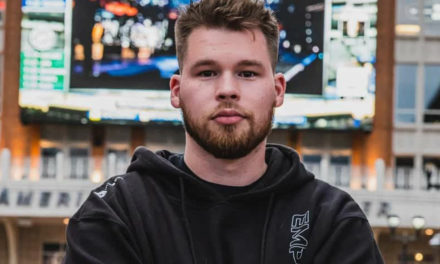Twitch streamers have long been the target of marketing campaigns by gambling companies. Video is the most popular and, arguably, the most successful form of advertising. However, running a successful video marketing campaign is expensive, but Twitch solves this problem by allowing individuals to gain unprecedented exposure that can be converted into leads if a streamer agrees to promote a brand during their broadcasts.
Gambling companies have been pursuing Twitch streamer Mizkif with seven-figure partnership offers to promote their products, according to him. Mizkif admitted to being paid $10 million to promote an unnamed gambling company. He was responding to a YouTube video called The Puppets of Online Gambling, which looked into the practice of streamers agreeing to promote gambling products to their audiences.
The video named a number of Twitch streamers, including Trainwreck, Adin Ross, and Mizkif, who are among the most well-known on the platform and have ties to gambling.
Trainwreck was recently mentioned during a Pokimane stream, where a viewer admitted to losing $60,000 after feeling compelled to gamble while watching his streams. Mizkif talked about how these gambling partnerships have influenced his worldview. He claimed that as a 27-year-old man, he did consider accepting the partnership when offered $10 million up front.
While Mizkif did not approve of gambling as a form of entertainment, he explained that $10 million could be put to a lot of good use. He stated on stream that some of it would go to charity. The deal was not difficult in any way, Mizkif added, noting that he would only have to stream gambling 15 hours per month.
Naturally, the topic sparked a Reddit debate, with people debating whether Mizkif’s acceptance of the deal was correct or incorrect. Some argue that if Mizkif is offered $10 million for 30 minutes of work every day, the real question should be how much gambling companies make to be able to pay such a high wage.
Many Redditors argued that many streamers would find it difficult to refuse such a large sum of money, and that sooner or later, more streamers will openly promote gambling and normalize it. While Twitch will undoubtedly do something to prevent gambling from spreading, it will almost certainly fall short and loopholes will be discovered.
Streamers must be aware, however, that promoting offshore or illegal gambling sites on the platform could land them in hot water with authorities in the United States, where the majority of gambling companies are currently focusing their efforts. Any company that has not been licensed to offer online gambling products in the United States is considered an offshore betting company.







